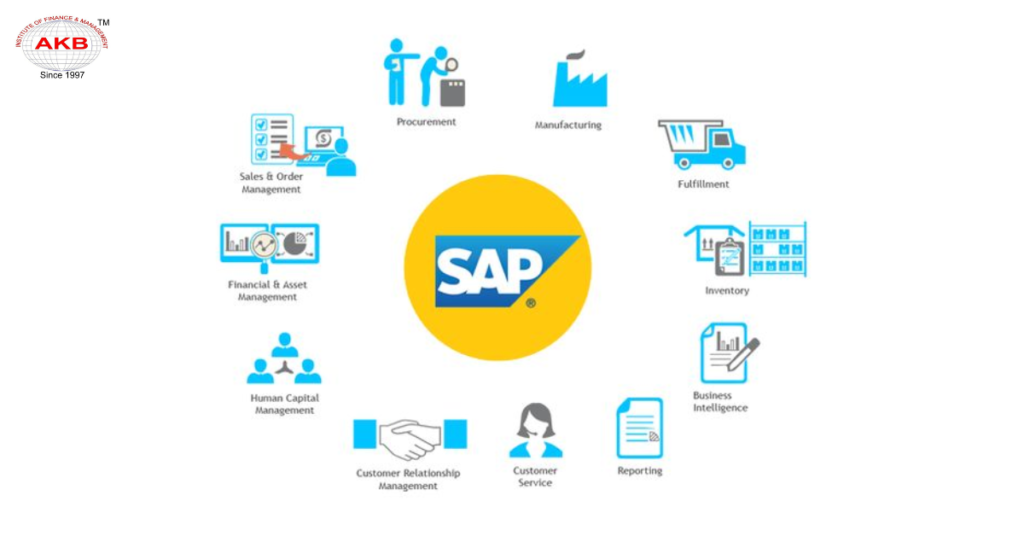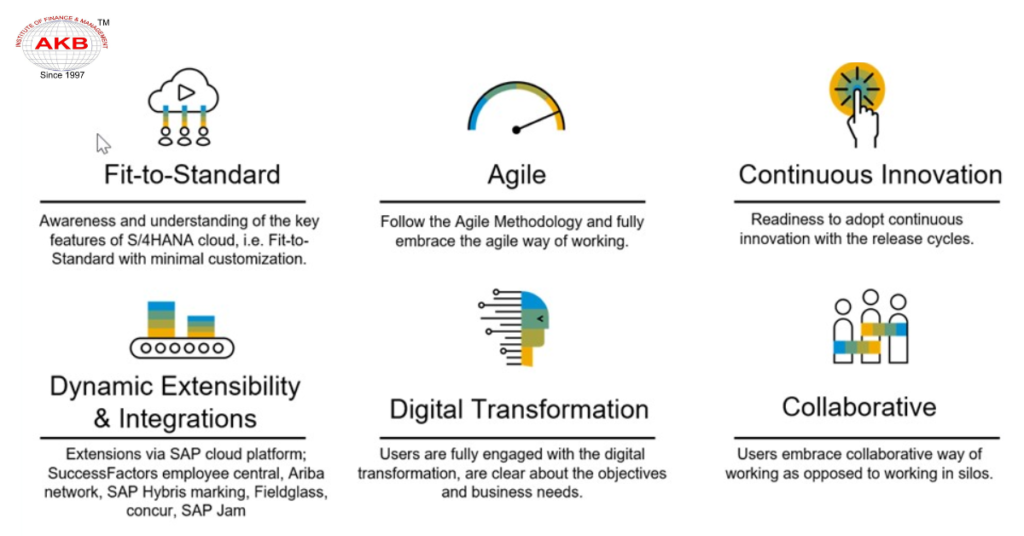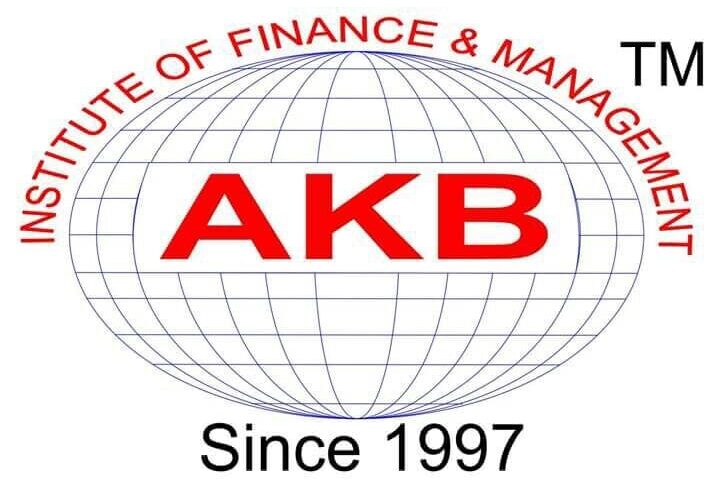SAP is a very popular software package, especially for accountants and other finance professionals. But what’s so great about it? Is it worth learning about your resume? The answer is yes! In fact, there are many job opportunities with SAP training. So if you want something more than just an accounting degree and no real-world experience under your belt—this might be the right fit for you!
What Is SAP?

SAP is a software solution for managing enterprise-wide business processes. The company, which was founded in Germany in 1972 and now has over 80,000 employees worldwide, produces software applications that are used to automate major functions of an organization’s day-to-day operations.
SAP stands for Systems Application Program (SAP), Applications and Products in Data Processing (SAP).
The company’s main products are SAP ERP, which is a suite of software programs used to manage the finances and operations of a business; SAP Business One, which provides small and medium-sized businesses with an integrated set of applications for accounting and customer relationship management (CRM); Business Intelligence (BI), which allows users to analyze data from multiple sources;
How Much Does SAP Training Cost?
The cost of SAP training can vary, depending on the course and the school. The average cost of a two-day course at one of the best schools is 98,000—but you can also find courses as low as 25000.
If you want to get hired quickly and don’t want to spend much time working with consultants or learning on your own, think about taking a certification program instead. These programs typically take between two weeks and six months—and they usually include multiple classes per day so that students are able to learn more quickly than if they were studying only one subject at a time (like programming languages). In addition, many certification programs come with job placement assistance after graduation; this means that if your job requires skills from this particular curriculum area (such as SQL), then there will be plenty of opportunities for work once you graduate!
Should I Learn Just One Module, Or Study The Entire Thing?
The answer to this question depends on your goals for your career. If you want a job as a business analyst, then Business Suite is probably the best place for you to start because it covers most of the bases. If you want to be a software engineer, however, then Business Suite isn’t going to cut it—you’ll need more specialized modules like SAP Financials and Human Capital Management support.
So what’s the right answer? It depends on what kind of software engineer or business analyst you are trying to become!
If you want to become a business analyst, then Business Suite is probably the best place for you to start because it covers most of the bases. If you want to be a software engineer, however, then Business Suite isn’t going to cut it—you’ll need more specialized modules like SAP Financials and Human Capital Management support. So what’s the right answer? It depends on what kind of software engineer or business analyst you are trying to become!
What Jobs Are Out There For SAP Graduates?

SAP is a skill that can be used in many industries. It’s used by finance, but also by retail and healthcare—and even government! The best part about the SAP field? There are so many different jobs available with this technology that you’ll never get bored.
One of the most common uses for SAP is HR software. If you’re looking to work in this field or just want your resume to stand out from other candidates’ resumes (which will help gain interest from potential employers), then getting some experience using SaaS-based HR tools is definitely worth considering. You’ll learn how they work and how they affect business processes such as hiring new employees or creating an employee onboarding process
Why Learn SAP When I Don’t Work In Finance?

If you’re wondering why you should learn SAP when you don’t work in finance, consider the following:
- Many industries use SAP. Every company has a different set of processes, and these differ from industry to industry. The same is true for individuals working within a company—some of them may be involved in accounting or financial reporting, while others just have their hands on the computers (and they will likely be using them). So even if your job doesn’t require any knowledge of accounting or numbers crunching, it’s important to know how those things are done so that you can take advantage when needed!
- Learning SAP could improve your career prospects down the road. Because there’s such demand for people who understand this software platform, employers will always keep looking for new talent that can add value by using its functionality effectively…
You Can Learn SAP, Even If You Don’t Want To Be An Accountant.
SAP is software that helps organizations manage their finances and operations. It’s used in many industries, including healthcare, manufacturing, and retail. Companies of all sizes use SAP to perform such functions as financial planning and analysis; HR management; supply chain management; purchasing/accounting; project management; sales force automation (SFA); customer relationship management (CRM), among others.
If you want to get a job that requires knowledge of SAP but don’t want to be an accountant or financial analyst—or if you just want some extra skills on top of what you already have—SAP can help!
Conclusion
We’ve all heard that knowledge of SAP is a good skill for your resume. But what does that really mean? The answer is no, not always. SAP has come a long way from when it was first created in the 1970s and 1980s, so it’s understandable if you think this may be an outdated skill set. However, there are still many ways to demonstrate your knowledge of SAP if you want to make your application stand out!



